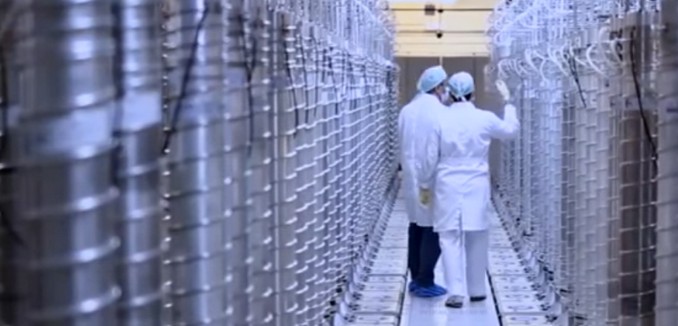The International Atomic Energy Agency’s (IAEA) admission that it had not verified Section T of the nuclear deal with Iran shows that “the deal is not fully implemented,” the president of a nonproliferation think tank told Fox News on Sunday.
“Amano basically said that the IAEA is not implementing the verification of section T and is unsure how to proceed. He wants guidance from the Joint Commission. However, Russia has said it does not want the IAEA to verify section T. If it sticks to that position in the Joint Commission and blocks instructions to the IAEA to proceed with verifying Section T, and the IAEA does not act on its own to verify Section T or find a work around, then the verification of the JCPOA is incomplete and the deal is not fully implemented,” David Albright, a former weapons inspector and president of the Institute for Science and International Security said.
“Full implementation is a requirement for the President to certify under INARA (Corker-Cardin). Lack of verification of Section T would also demonstrate that the deal does not deliver like promised and promoted by deal supporters,” Albright added.
Section T of Annex 1 of the nuclear deal addresses activities necessary for the development of a nuclear weapon including computer simulations of nuclear explosions experiments testing multi-point, explosive detonation systems.
In assessing the deal, Olli Heinonen, former director-general of the IAEA, termed the Section T provisions one of the “biggest challenges” of the deal, but in its first six reports on Iran’s implementation of the deal, the IAEA offered no details verifying Iran’s compliance with Section T.
By the terms of the Corker-Cardin law, the president must certify Iran’s compliance every 90 days. President Donald Trump is next required to certify Iran’s compliance by October 15.
[Photo: Persian_boy / YouTube]




